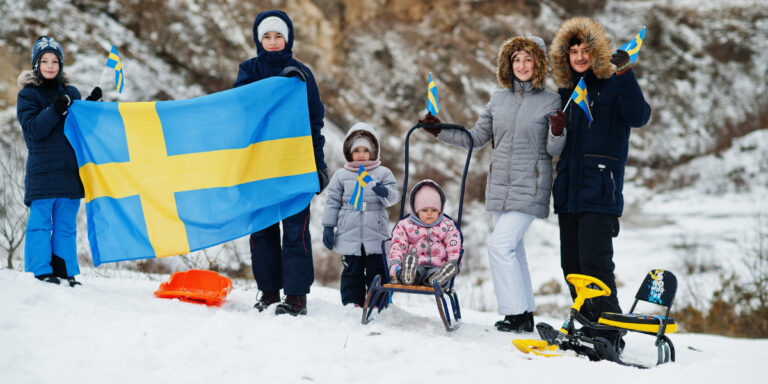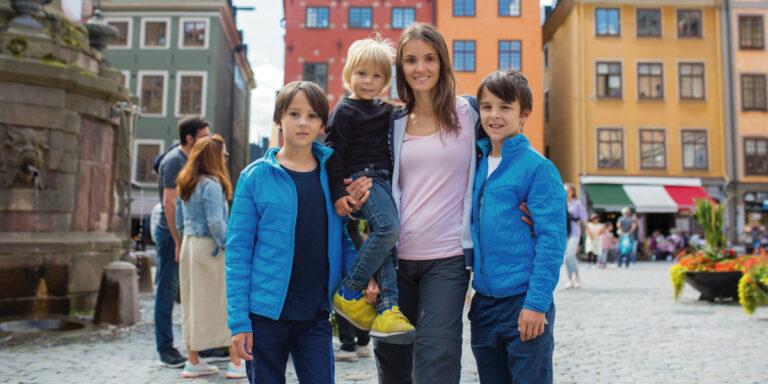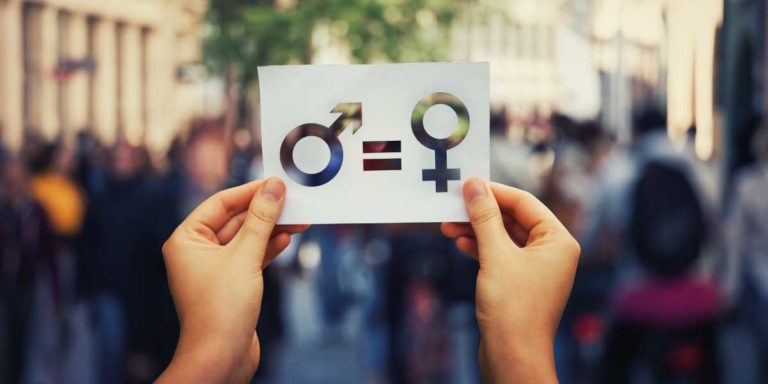Religion and fertility in Finland
The link between religion and fertility has long interested demographers. While relevant data with the necessary extent and detail are rarely available, Finland, is an exception, as information on religious … Read more






